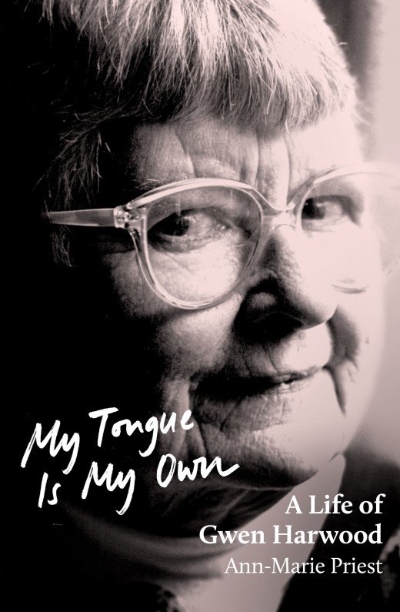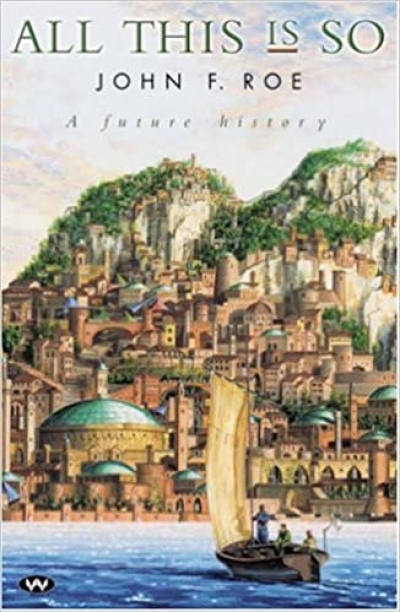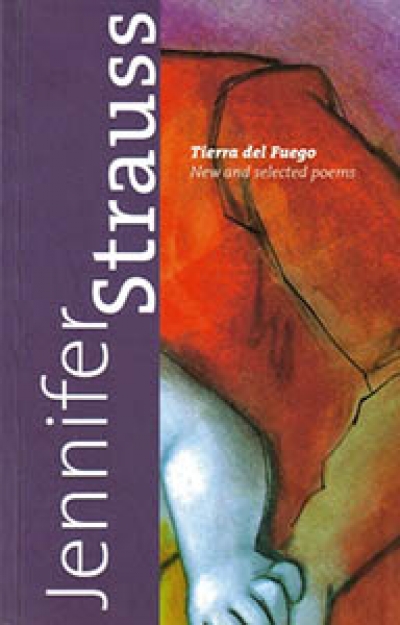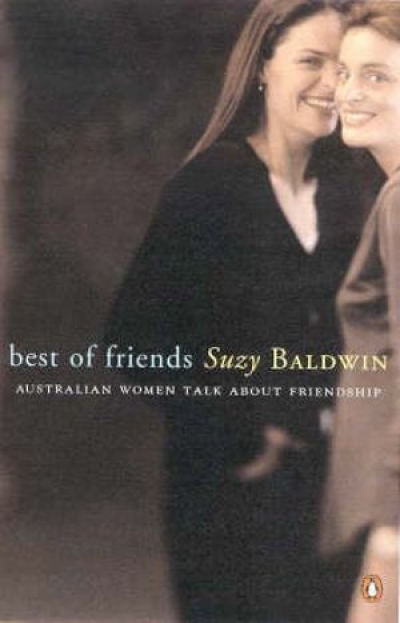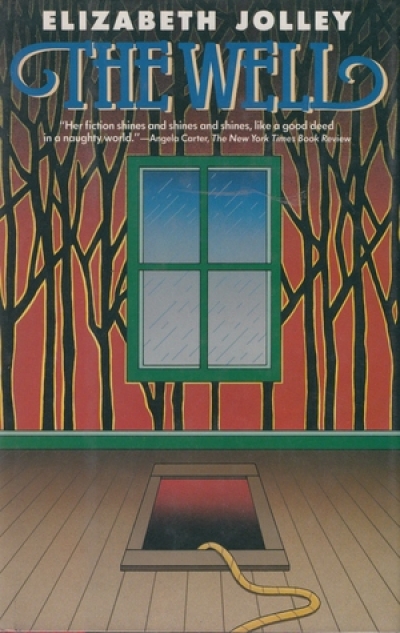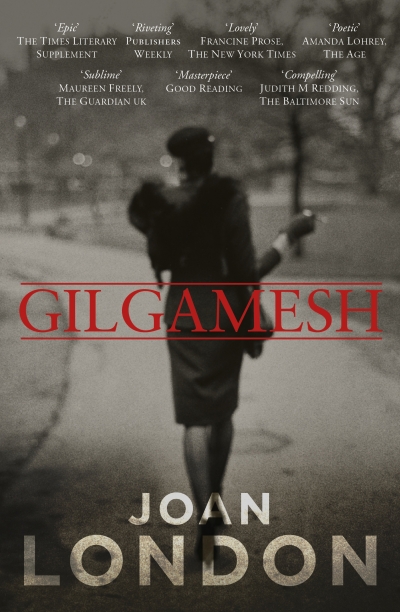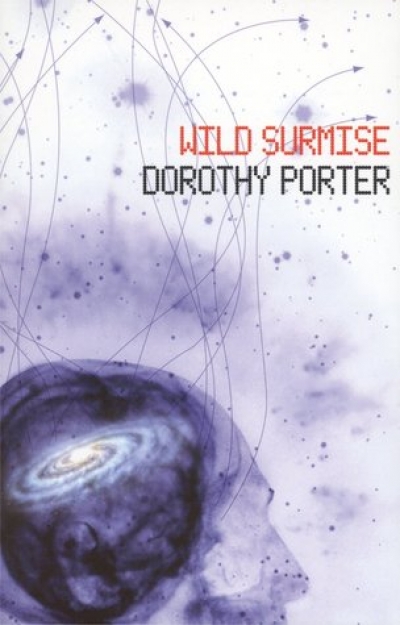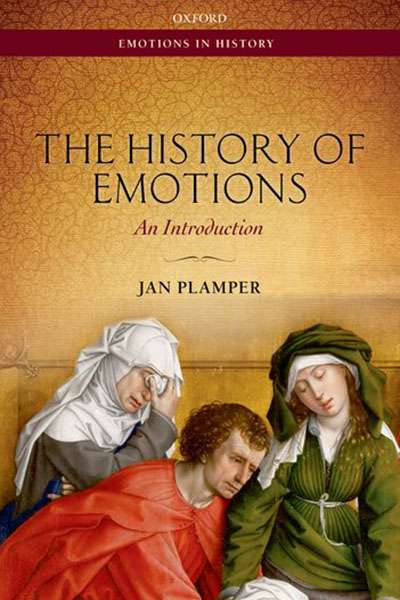Stephanie Trigg

Stephanie Trigg is Professor of English Literature at the University of Melbourne and leads the Melbourne node of the Australian Research Council Centre of Excellence for the History of Emotions. She is the author of Gwen Harwood (1994), Congenial Souls: Reading Chaucer from medieval to postmodern (2002), and Shame and Honor: A vulgar history of the Order of the Garter (2012).
Much science and fantasy fiction is written in a predominantly realist mode. This is the most economical means of signifying the internal truth of its fictional worlds, no matter how strange its aliens, or how superhuman the powers of its heroes. So, for example, Tolkien writes, ‘Holding the hobbits gently but firmly, one in the crook of each arm, Treebeard lifted up first one large foot and the ... (read more)
‘Academic poet’ signifies, primarily, male academic poet. So, does the adjective ‘female’ in ‘female academic poet’ more intensely qualify ‘academic’ or ‘poet’? And what happens when that female academic poet is a teacher and student of feminist theory and women’s writing? Predictably enough, her work tempts the taboo-laden conjunction of politics and poetry.
It must be said ... (read more)
A collection of interviews with women about friendship? Well, we are all experts on the topic, and all have stories to tell. The women interviewed by Suzy Baldwin for this collection all speak fluently on the topic of friendships present and past: with women, sexual and not; with men, gay and straight; and with their partners, mothers, sisters, brothers, and children. Baldwin’s elegant introduct ... (read more)
What is the relation between poet and critic? No, not a topic for yet another tedious and oppositional debate at a writer’s festival. Rather, a question about the nature of oppositions, and the possibility of disrupting, or even suspending them, in the varied and delicate acts of literary criticism. Let me frame my question even more precisely: who is the ‘Gwen Harwood’ to whom I refer when ... (read more)
A common approach when talking about women writers is to outline the scope of their work, preferably to demonstrate and affirm its versatility and, implicitly, its value. There’s no doubt that Helen Garner, for example, has suffered under critics’ and reviewers’ insistence that her work deals only with a small domestic canvas (see her interview with Candida Baker in Yacker and Gina Mercer’ ... (read more)
Joan London’s new novel, Gilgamesh, is the story of several generations of travellers, moving between Australia, London, and Europe, as far east as Armenia. As such, it is part of a long and venerable tradition in Australian fiction: a tradition of quest narratives organised around topographical and cultural difference. It would be easy for a structuralist to sketch out the opposing poles betwee ... (read more)
Dorothy Porter’s new verse novel, Wild Surmise, takes an almost classic form. The verse novel is now well-established as a modern genre, and Porter has stamped a distinctive signature and voice on the verse form, particularly with the phenomenal success of her racy, action-packed detective novel, The Monkey’s Mask (1994). So it comes as no surprise to find this book setting a similarly crackin ... (read more)
A year or so after I had begun my work in the Australian Research Council's Centre of Excellence for the History of Emotions, the immortal words of 'Ern Malley', 'The emotions are not skilled workers', bored a hole into my brain, dug around a bit, and settled there as a perpetual irritant. Malley's phrase has an oblique genealogy. Coined by James McAuley and Harold Stewart as an enigmatic pronounc ... (read more)
Binocular vision
Stephanie Trigg
Imagination, Books and Community in Medieval Europe edited by Gregory Kratzmann Macmillan Art Publishing and the State Library of Victoria, $99 hb, 256 pp, 9781921394331
In cinema the trope is familiar: an old book opens and gorgeous drawings and illuminations gradually come to life, replaced by real or animated characters. Or the book magicall ... (read more)

